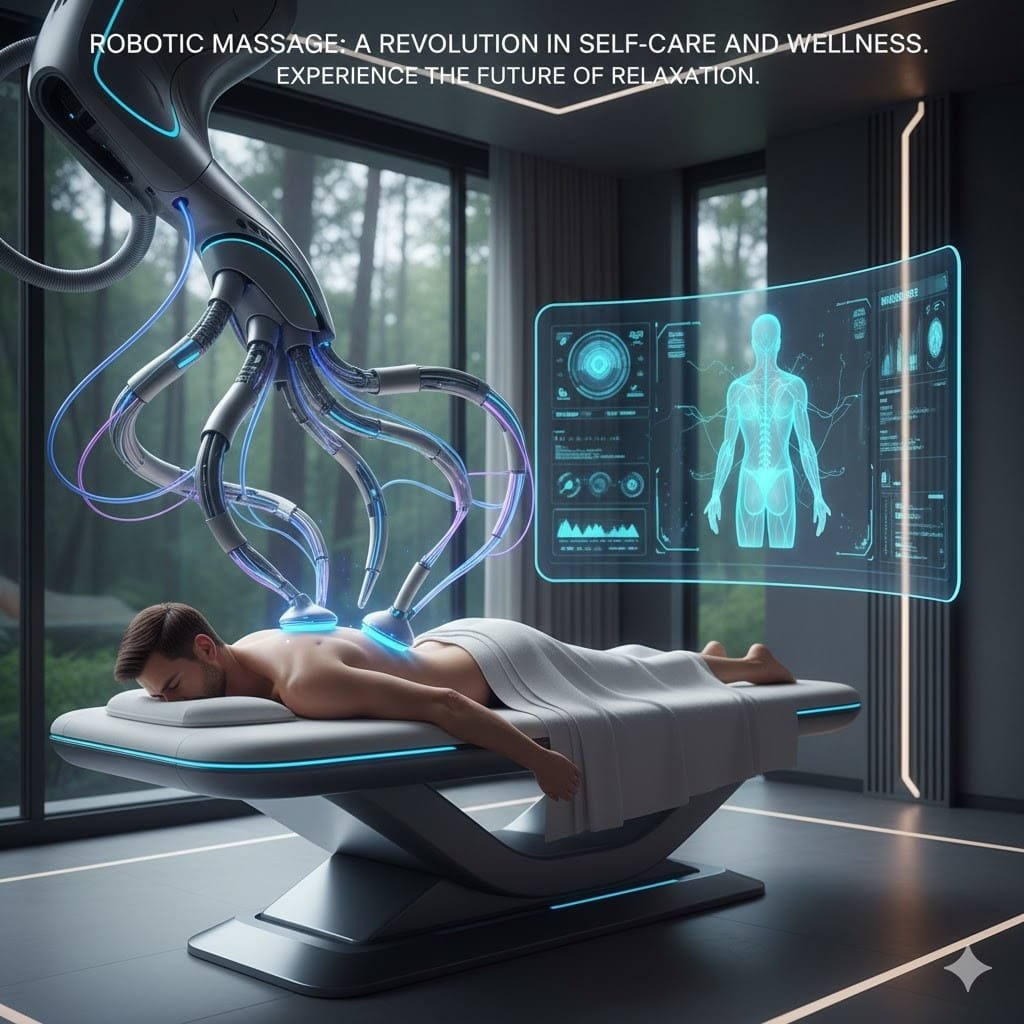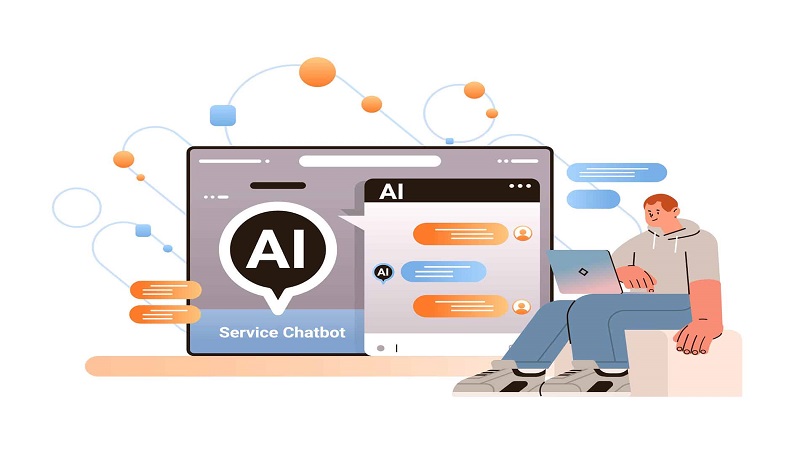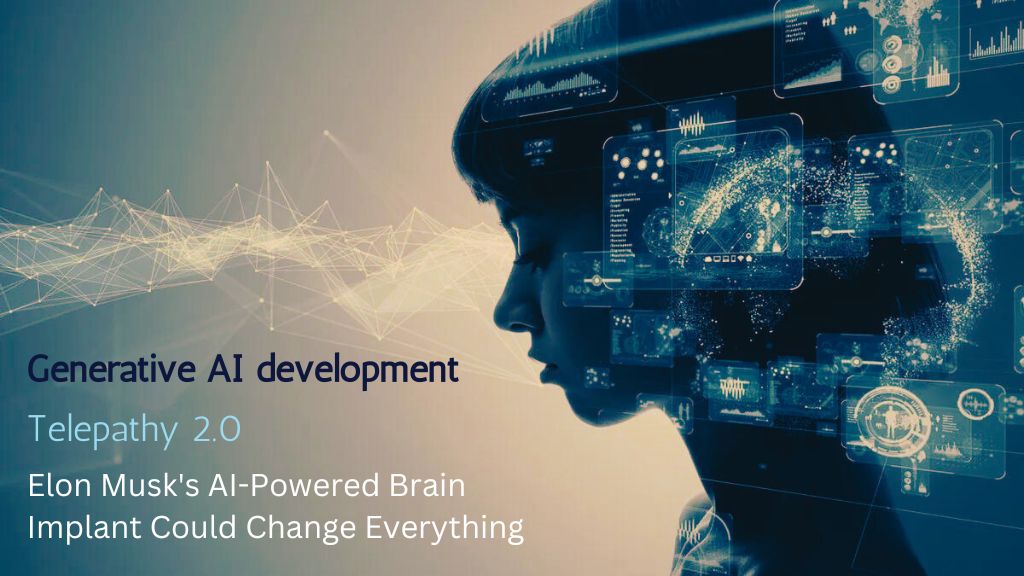AI-powered healthcare software development is reshaping the industry, bringing revolutionary diagnosis, treatment, and patient care transformations. Integrating artificial intelligence (AI) technologies holds immense potential for revolutionising healthcare practises. This article delves into the innovative applications of AI in healthcare and sheds light on the challenges faced in developing AI-driven software solutions.
The Impact of AI on Healthcare: Transforming Diagnosis and Treatment
AI has undeniably revolutionised the healthcare industry, bringing forth innovative solutions that transform how we diagnose and treat medical conditions. With AI-driven software development, healthcare professionals can harness the power of artificial intelligence to analyse vast amounts of medical data, making diagnosis more accurate and treatment more efficient. The future of healthcare is here, and AI is at the forefront of this transformative change.
AI-powered Imaging and Diagnostics: Enhancing Accuracy and Efficiency
Prepare to be amazed by the power of AI in medical imaging and diagnostics. AI algorithms, utilizing deep learning techniques, can analyze medical images such as X-rays, MRIs, and CT scans with a level of accuracy surpassing that of human experts. Imagine the possibilities of more precise and faster diagnoses, thanks to the capabilities of AI. These intelligent diagnostic systems have the potential to detect abnormalities, assist radiologists in making diagnoses, and prioritize critical cases for immediate attention. Accuracy, like never before, is at our fingertips!
Natural Language Processing in Healthcare: Revolutionizing Clinical Documentation
Say goodbye to the tedious and time-consuming clinical documentation process, thanks to the revolutionary advancements in natural language processing (NLP). NLP, a branch of AI, empowers healthcare professionals by automating the extraction of vital information from unstructured clinical text, such as physician notes and medical literature. By leveraging NLP-powered software, relevant data such as patient demographics, medical history, and treatment plans can be efficiently extracted and analyzed. This automation saves valuable time for healthcare professionals, allowing them to focus more on what truly matters: providing excellent patient care.
Predictive Analytics and AI: Improving Patient Outcomes and Preventive Care
The power of AI goes beyond diagnosis and treatment. With its ability to analyze vast datasets and identify patterns, AI has become a valuable tool for predictive analytics in healthcare. By identifying risk factors and predicting disease progression, AI enables healthcare providers to develop personalized treatment plans and preventive strategies. Imagine the impact of early interventions and targeted care based on predictions derived from AI algorithms. The future of healthcare is one where AI improves patient outcomes and supports preventive care initiatives. The power of AI is truly awe-inspiring!
AI-based Drug Discovery and Development: Accelerating Research and Innovation
The journey to discovering and developing life-saving medications can be time-consuming and costly. However, with the aid of AI, this process is being accelerated to unprecedented levels. By analyzing vast amounts of biological data, AI algorithms can identify potential drug targets and predict drug efficacy. Through this innovative approach, researchers can save time, reduce costs, and bring life-saving medications to market faster. The combination of human expertise and AI-driven drug discovery has opened up new frontiers in medical research and innovation. It’s a new era of medicine, and AI is leading the way!
Ethical Considerations in AI-driven Healthcare Software: Privacy and Bias Challenges
As AI becomes more prevalent in healthcare, it is crucial to address ethical considerations surrounding patient privacy and bias. Safeguarding patient data, ensuring consent, and maintaining confidentiality are paramount when utilizing AI-driven software solutions. Additionally, biases inherent in training datasets can lead to disparities in diagnosis, treatment recommendations, and patient outcomes. To ensure fairness and unbiased results, diversity and representativeness in training datasets must be emphasized, and robust validation processes should be implemented. Responsible AI deployment in healthcare software development is essential for maintaining trust and promoting ethical standards.
Implementing AI in Electronic Health Records (EHR): Opportunities and Considerations
Unlocking numerous opportunities, the integration of AI capabilities into electronic health records (EHR) systems has the potential to revolutionize healthcare data management. AI-powered EHR systems can automate data entry, documentation, and coding tasks, reducing administrative burdens and improving data accuracy. However, to seamlessly adopt AI in EHR systems, challenges such as interoperability, system integration, and data standardization must be addressed. By overcoming these considerations, healthcare organizations can harness the efficiency and accuracy that AI brings to EHRs, ultimately enhancing patient care.
AI-driven Decision Support Systems in Healthcare: Balancing Automation and Human Expertise
In the realm of healthcare, decision-support systems powered by AI are transforming the way healthcare professionals deliver care. These systems provide evidence-based recommendations and alerts for potential risks or adverse events, assisting healthcare professionals in their decision-making process. It’s crucial to strike a balance between the AI-provided automation and the critical expertise of healthcare professionals. By augmenting their expertise, AI ensures optimal patient care while maintaining the trust and involvement of healthcare providers. It’s a harmonious collaboration between humans and AI, leading to improved healthcare outcomes.
Real-time Monitoring and Predictive Maintenance: AI Applications in Hospital Equipment
Imagine a future where hospital equipment is continuously monitored in real-time, ensuring patient safety and reducing equipment failure. Thanks to AI, this future is within our reach. AI-driven systems can proactively identify potential equipment failures, schedule maintenance, and minimize downtime. This level of predictive maintenance optimizes patient care and resource utilization, ensuring that crucial medical equipment remains operational when needed the most. AI’s advanced monitoring capabilities enhance the reliability and safety of healthcare facilities.
Ethical Considerations in AI-driven Healthcare Software: Privacy and Bias Challenges
Alongside the remarkable advancements in AI-driven healthcare software, it is crucial to address the ethical considerations that arise. Two significant challenges in this domain are privacy concerns and bias.
Privacy Concerns: As AI is integrated into healthcare systems, ensuring patient privacy and data security becomes paramount. Safeguarding sensitive patient information, obtaining informed consent, and implementing robust security measures are essential for responsible AI development. Healthcare organizations must prioritize the protection of patient data to maintain trust and uphold ethical standards.
Biases in AI Algorithms: Biases present in training data can lead to disparities in diagnosis, treatment recommendations, and patient outcomes. AI algorithms learn from the data they are trained on, which means that if the training data is biased, the algorithms can perpetuate and amplify those biases. To address this issue, it is crucial to ensure diversity and representativeness in the training datasets used for developing AI-driven healthcare software. Additionally, implementing rigorous validation processes that detect and mitigate bias is necessary to promote fairness and equity in healthcare.
Addressing these ethical challenges requires collaboration between healthcare professionals, AI experts, software developers, and regulatory bodies. It is important to establish guidelines and standards that prioritize patient privacy, data security, and fairness in algorithmic decision-making. Responsible AI development in healthcare software is not just a technical endeavor; it is a collective effort to ensure the ethical use of AI technology for the benefit of patients and society as a whole.
In conclusion
AI has brought about transformative innovations in healthcare software development. From improving diagnosis and treatment to revolutionizing clinical documentation and predictive analytics, AI software development companies are reshaping the way healthcare is delivered. However, it is crucial to navigate the ethical considerations surrounding privacy, bias, and the responsible deployment of AI in healthcare.
By addressing these challenges, healthcare organizations can unlock the full potential of AI, leading to improved patient outcomes, optimized workflows, and advancements in the delivery of healthcare services. With careful attention to data quality, privacy, interoperability, and ethical standards, AI-driven healthcare software has the power to revolutionize the industry and enhance the lives of patients worldwide.
By fostering collaboration, adhering to ethical principles, and continuously refining AI-driven healthcare solutions, we can pave the way for a future where technology and human expertise work hand in hand to provide the best possible care to patients. Embracing the opportunities and challenges of AI in healthcare software development will shape a brighter future for healthcare delivery and improve the well-being of individuals and communities globally.
Remember, the power of AI lies not only in its technical capabilities but also in the ethical considerations and responsible practices that guide its development and deployment. Let us embrace AI as a tool to elevate healthcare, always keeping patient welfare and ethical principles at the forefront.
Author Bio:
Ronie Morgan is a highly skilled technical content writer specializing in software development, cybersecurity, AI software development, and cloud computing. With a deep-rooted passion for simplifying complex ideas, Ronie demonstrates exceptional proficiency in producing easily comprehensible and succinct content that captivates readers while unraveling complex technical topics.
















Leave a Reply